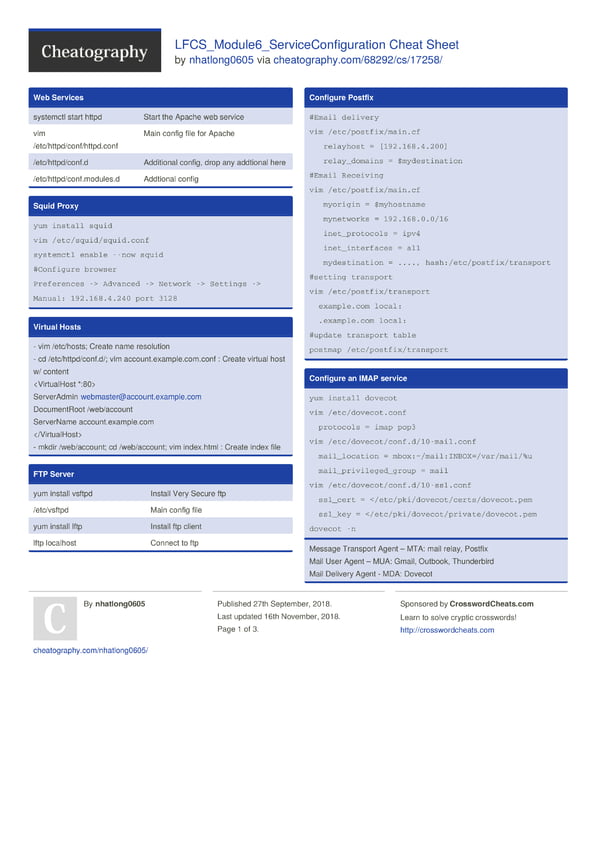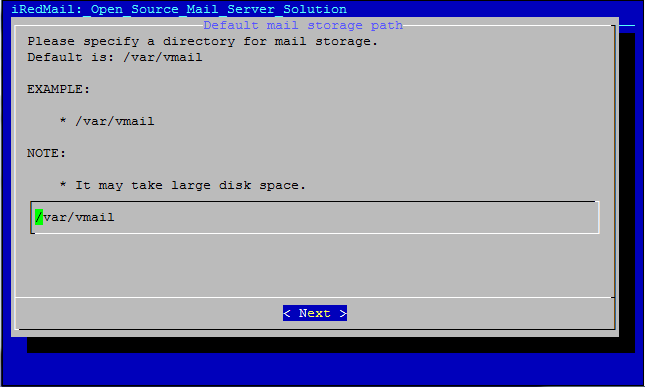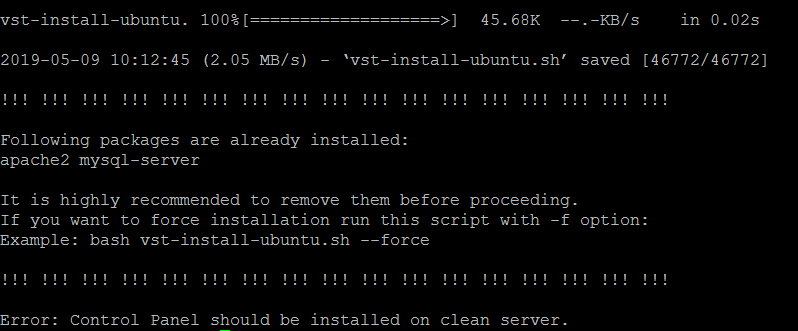
In this article, we will see how to install synopsysctl on Linux Using 5 Easy Steps. Synopsysctl is a free and open source, easy to use cloud-native administration tool for deploying Synopsys software such as Black Duck, Black Duck OpenShift solution (OpsSight), Black Duck Alert, and Black Duck Binary Analysis (standalone) in Kubernetes and Red Hat OpenShift cluster. Since it is available as executable binary file which means you just have to download and use the executable file without having the overhead of installing it in your local system. It is available in all the famous platforms such as Mac, Linux and Windows. Here we will see the steps to install Synopsysctl on Linux in detail in below section.
Important Features
- An executable binary version of utility available on GitHub release page to directly download and use in the System.
- It eliminates the need to edit YAML or JSON configuration files during deployment.
- It can be easily used in bash and shell kind of scripts to manage Synopsys software.
- It provides rich set of command line arguments for faster deployments of Black Duck, Black Duck OpenShift solution (OpsSight), Black Duck Alert, and Black Duck Binary Analysis.
- It’s interface usage is very similar to kubectl and oc, making it convenient for anyone having experience on Kubernetes and Red Hat OpenShift experience.

How to Install Synopsysctl on Linux Using 5 Easy Steps
Also Read: How to Install NGROK on Ubuntu 22.04 LTS [Jammy Jellyfish]
Step 1: Prerequisites
a) You should have a running Linux Server.
b) You should have sudo or root access to run privileged commands.
c) You should have wget and tar utility available in your Server.
Step 2: Download Synopsysctl
You have to visit Black Duck GitHub page and download the latest available synopsysctl version for Linux using wget utility as shown below. This will download the
cyberithub@ubuntu:~$ wget https://github.com/blackducksoftware/synopsysctl/releases/download/v3.2.0/synopsysctl-linux-amd64-3.2.0.tar.gz --2023-09-01 21:34:20-- https://github.com/blackducksoftware/synopsysctl/releases/download/v3.2.0/synopsysctl-linux-amd64-3.2.0.tar.gz Resolving github.com (github.com)... 20.207.73.82 Connecting to github.com (github.com)|20.207.73.82|:443... connected. HTTP request sent, awaiting response... 302 Found Location: https://objects.githubusercontent.com/github-production-release-asset-2e65be/255624516/ca7a80f9-8bb2-4d26-8b57-84bafd8ee388?X-Amz-Algorithm=AWS4-HMAC-SHA256&X-Amz-Credential=AKIAIWNJYAX4CSVEH53A%2F20230901%2Fus-east-1%2Fs3%2Faws4_request&X-Amz-Date=20230901T160420Z&X-Amz-Expires=300&X-Amz-Signature=d550ae1f84a0fe286adcecd1e7362f73fe059e5ecd1f2a18c5496e1387747ae3&X-Amz-SignedHeaders=host&actor_id=0&key_id=0&repo_id=255624516&response-content-disposition=attachment%3B%20filename%3Dsynopsysctl-linux-amd64-3.2.0.tar.gz&response-content-type=application%2Foctet-stream [following] --2023-09-01 21:34:21-- https://objects.githubusercontent.com/github-production-release-asset-2e65be/255624516/ca7a80f9-8bb2-4d26-8b57-84bafd8ee388?X-Amz-Algorithm=AWS4-HMAC-SHA256&X-Amz-Credential=AKIAIWNJYAX4CSVEH53A%2F20230901%2Fus-east-1%2Fs3%2Faws4_request&X-Amz-Date=20230901T160420Z&X-Amz-Expires=300&X-Amz-Signature=d550ae1f84a0fe286adcecd1e7362f73fe059e5ecd1f2a18c5496e1387747ae3&X-Amz-SignedHeaders=host&actor_id=0&key_id=0&repo_id=255624516&response-content-disposition=attachment%3B%20filename%3Dsynopsysctl-linux-amd64-3.2.0.tar.gz&response-content-type=application%2Foctet-stream Resolving objects.githubusercontent.com (objects.githubusercontent.com)... 185.199.111.133, 185.199.110.133, 185.199.108.133, ... Connecting to objects.githubusercontent.com (objects.githubusercontent.com)|185.199.111.133|:443... connected. HTTP request sent, awaiting response... 200 OK Length: 30122917 (29M) [application/octet-stream] Saving to: ‘synopsysctl-linux-amd64-3.2.0.tar.gz’ synopsysctl-linux-amd64-3.2.0.tar.gz 100%[============================================================================>] 28.73M 5.70MB/s in 6.2s 2023-09-01 21:34:29 (4.67 MB/s) - ‘synopsysctl-linux-amd64-3.2.0.tar.gz’ saved [30122917/30122917]
Step 3: Extract the File
After successfully downloading the file, you can extract the binary file from current location and place it under /usr/local/bin using sudo tar -xzvf synopsysctl-linux-amd64-3.2.0.tar.gz -C /usr/local/bin command as shown below.
cyberithub@ubuntu:~$ sudo tar -xzvf synopsysctl-linux-amd64-3.2.0.tar.gz -C /usr/local/bin [sudo] password for cyberithub: synopsysctl
Step 4: Check Version
To verify the downloaded version, you have to run synopsysctl --version command as shown below.
cyberithub@ubuntu:~$ synopsysctl --version synopsysctl version 3.2.0
Step 5: Check all Available Options
You can check all the options available to use with synopsysctl utility by using synopsysctl --help command as you can see below.
cyberithub@ubuntu:~$ synopsysctl --help
synopsysctl is a command line tool for managing Synopsys resources
Usage:
synopsysctl [flags]
synopsysctl [command]
Available Commands:
completion Generate the autocompletion script for the specified shell
create Create a Synopsys resource in your cluster
delete Remove Synopsys resources from your cluster
get Display Synopsys resources from your cluster
help Help about any command
start Start a Synopsys resource
stop Stop a Synopsys resource
update Update a Synopsys resource
Flags:
-h, --help help for synopsysctl
--insecure-skip-tls-verify Server's certificate won't be validated. HTTPS will be less secure
--kubeconfig string Path to a kubeconfig file with the context set to a cluster for synopsysctl to access
-v, --verbose-level string Log level for synopsysctl [trace|debug|info|warn|error|fatal|panic] (default "info")
--version version for synopsysctl
Use "synopsysctl [command] --help" for more information about a command.






